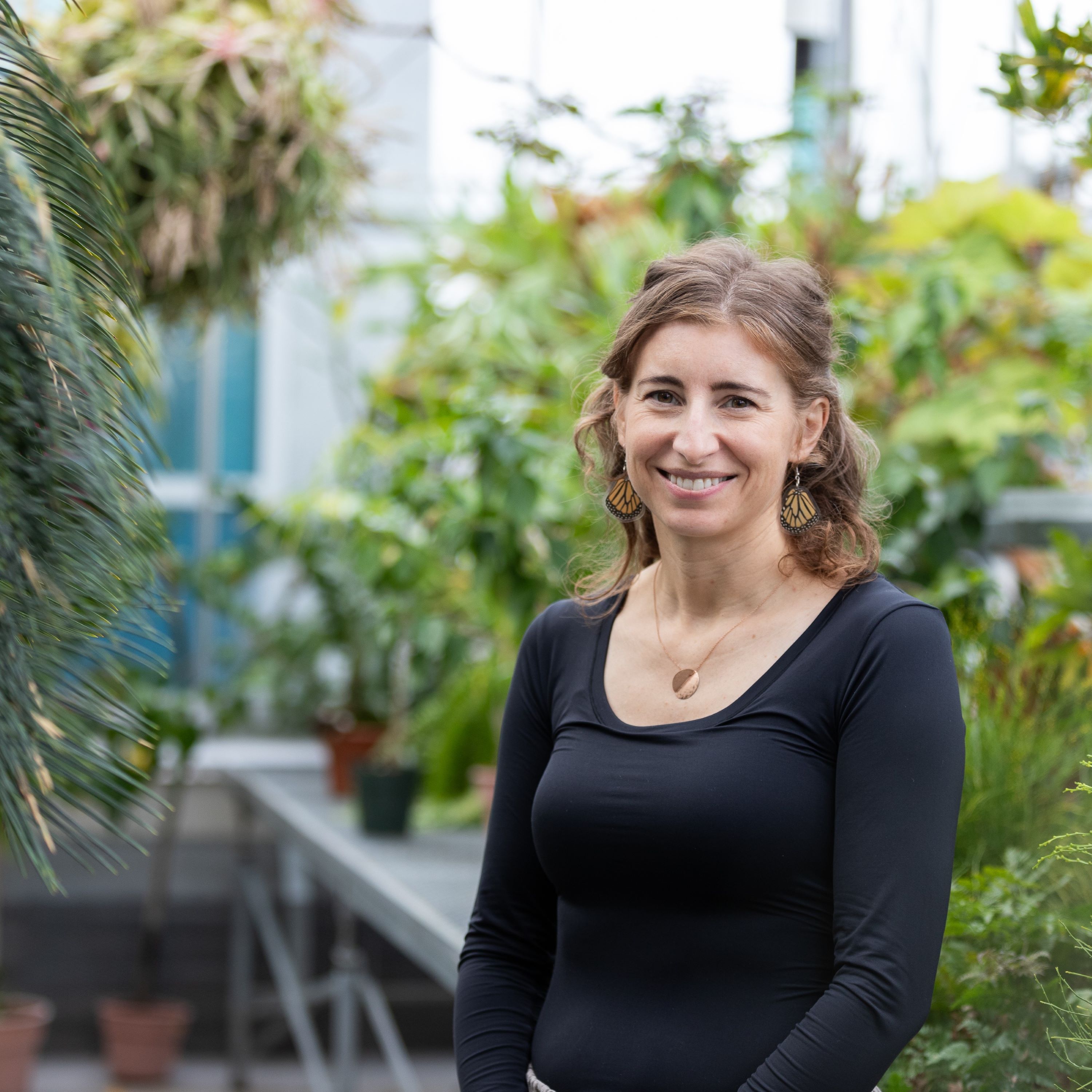My research program is motivated by the key challenge facing ecologists and conservation biologists today: to accurately predict how global change will affect biodiversity. I study how and why species vary in the way they respond to global change. I conduct research at multiple scales to understand both the causes and consequences of this variation. We integrate field surveys and experiments, data synthesis, and modeling to understand the factors that structure species’ distributions, phenologies (the timing of life history events) and interactions.
Selected publications
- Lee-Yaw, J.A., Kharouba, H.M, Bontrager, M., Mahony, C., Csergő, A.M, Noreen, A.M.E., Li, Q., Schuster, R., and Angert, A.L.. 2016. A synthesis of transplant experiments and ecological niche models suggests that range limits are often niche limits. Ecology Letters 19:710-722.
- Kharouba, H.M. and Vellend M. 2015. Flowering time of butterfly nectar food plants is more sensitive to temperature than the timing of butterfly adult flight. Journal of Animal Ecology 84:1311-1321.
- Kharouba, H.M., Vellend, M., Sarfraz, R. and Myers, J.H. 2015. The effects of experimental warming on the timing of a plant-insect herbivore interaction. Journal of Animal Ecology 84:785-796.
- Kharouba, H.M., Paquette, S.R., Kerr, J.T and Vellend, M. 2014. Predicting the sensitivity of butterfly phenology to temperature over the past century. Global Change Biology 20:504-514.
- Kharouba, H.M., McCune, J.L., Thuiller, W., and Huntley, B. 2013. Do ecological differences between taxonomic groups influence the relationship between species’ distributions and climate? A global meta-analysis using species distribution models. Ecography 36:657-664.
